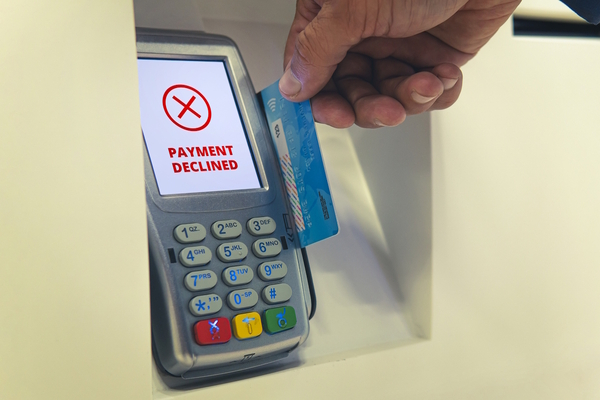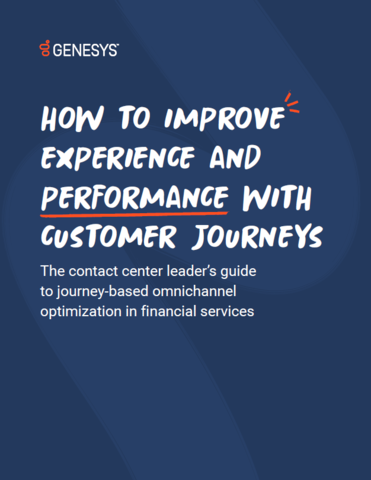Getting banking to where it’s needed
Sponsored by Modularbank
Rivo Uibo, Co-founder and Chief Business Officer, Modularbank
Banking is a means to an end…
It’s unlikely that anyone has ever woken up thinking that they want to do some banking. That’s because banking is simply a means to an end. People wake up thinking of buying a new car, or improving their home, or growing their business – banking just happens to be the intermediate step they have to take in order to access the resources they need.
…but the means and the end aren’t in the same place
Unfortunately, this intermediate step isn’t always a simple one. From finding a credit card in order to make an online purchase, to having to apply for a loan for home improvements or cover business cashflow needs, banking is a hurdle to surmount rather than a service that empowers people to live better lives.
Things have been inconvenient for so long, but there is a better, easier approach: simply slotting banking in when and where it’s needed, without the need for customers to interact with multiple service providers.
Fintech to the rescue? Not so fast
In an attempt to do just this, a number of new players have entered the market. Unlike banks, they have the technological capacity to place financial instruments in the right place and offer them at the right moment to meet customers’ needs, and have quickly found success in doing so.
But while these disrupters have brought banking part of the way to where it needs to be, they’re not the whole answer. The fintech landscape is fragmented, with an array of small providers offering point solutions to targeted problems rather than covering the entirety of people’s day-to-day needs.
Combining the product and industry knowledge, financial might and market share of banks with the agility of new technology is the obvious answer, but banks are hampered by both regulatory and compliance requirements as well as their sprawling, complex legacy systems.
The future of banking is invisible
To stay relevant, banks need to become outsourced B2B financial services providers, allowing companies from a diverse range of industries to layer in banking capabilities and make life more convenient for everyone.
The benefits are huge: by turning banking into an invisible, seamless process that is available for customers exactly when and where they need it, banks can reach new customers, create additional revenue and truly serve the real economy – which, after all, is what they’re supposed to do.
To turn this dream of future banking into a reality, Modularbank built a cloud-native API-first banking platform that makes it happen. Composed of flexible and independent modules that cover end-to-end everyday banking processes, it’s fully compliant with international banking regulations. Any entity – from a bank to a fintech, retailer, manufacturer, or even healthcare provider – can either integrate the whole platform to their existing systems, seamlessly, or pick and choose which parts are the most relevant to their needs, from payments to lending and beyond.
With Modularbank, banks get the nimbleness of cutting-edge technology without having to rebuild their systems from scratch. That allows them to radically expand the reach of financial services to every single person who needs them. Meanwhile, companies can create a better purchasing experience, gain new revenue streams and boost customer loyalty – and the customer gets to do whatever they woke up that morning wanting to do, hassle-free.
Buying anything should be like buying a car – but easier
Putting banking where it’s needed isn’t a new concept. In fact, car manufacturers have been doing this for years. Purchasing a car is an important financial decision, which usually involves financing, and since traditional banks weren’t always willing to loan their customers the money to buy a car, several car firms simply applied for their own banking licenses, took over regulatory tasks, and offered the finance themselves – essentially becoming automotive banks.
This is great for the customer, as everything is done effortlessly in one place. It’s also great for the car manufacturer, as it allows them to sell more cars, create additional revenue streams as well as attract new customers.
Not every company has the enormous financial and human resources required to convert themselves into banks in this way. But with Modularbank’s API-connected payments and lending modules, literally any business – from an online store to a solar panel manufacturer or a dentist – can allow customers to pay for their purchases in full upfront as usual, or split payments over time, right there at the checkout.
Getting finance to SMEs should be as simple as pressing a button
Putting banking where it’s needed doesn’t just make it easier, faster and quicker to buy goods and services. It also enables small and medium enterprises (SMEs) to grow and enter new markets.
Accounting for over half of global GDP and the vast majority of employment around the world, SMEs are each unique, but all face a similar problem: cashflow.
They buy the inputs, pay their staff, make and ship their product to their big corporate client, send an invoice out via their accounting platform… and then wait 30, 60, 90 or even 120 days to get paid. This gap between outlay and income means they can’t invest in their business in the meantime, missing out on growth opportunities.
To bridge this gap, many go to their banks seeking loans, invoice financing, or factoring products, but are often turned down. Loan rejection rates for first-time SME borrowers are as high as 50 per cent, and this isn’t because their businesses aren’t viable, it’s simply because they don’t fit neatly into banks’ lending algorithms.
We believe SMEs are too important to our economies to have their cashflow disrupted by outdated financial models. Modularbank’s modules can integrate directly into their accounting platforms, or even into their clients’ treasury systems, enabling the provision of instant working capital financing that uses their invoices as collateral. What’s more, their accounting dataflows can be assessed by artificial intelligence (AI) for credit scoring purposes, enabling their financing provider to tailor terms, rates and pricing to meet their individual requirements. It’s a win-win: small businesses get the money they need to grow, and banks get access to an untapped segment of the economy.
We’re working to put banking right where it’s needed
At Modularbank, we believe the future of banking lies in closing the gaps between consumers and companies and bringing businesses and clients closer together. So we built the infrastructure to make it happen, seamlessly.

Business Reporter Team
Most Viewed
23-29 Hendon Lane, London, N3 1RT
23-29 Hendon Lane, London, N3 1RT
020 8349 4363
© 2024, Lyonsdown Limited. Business Reporter® is a registered trademark of Lyonsdown Ltd. VAT registration number: 830519543





